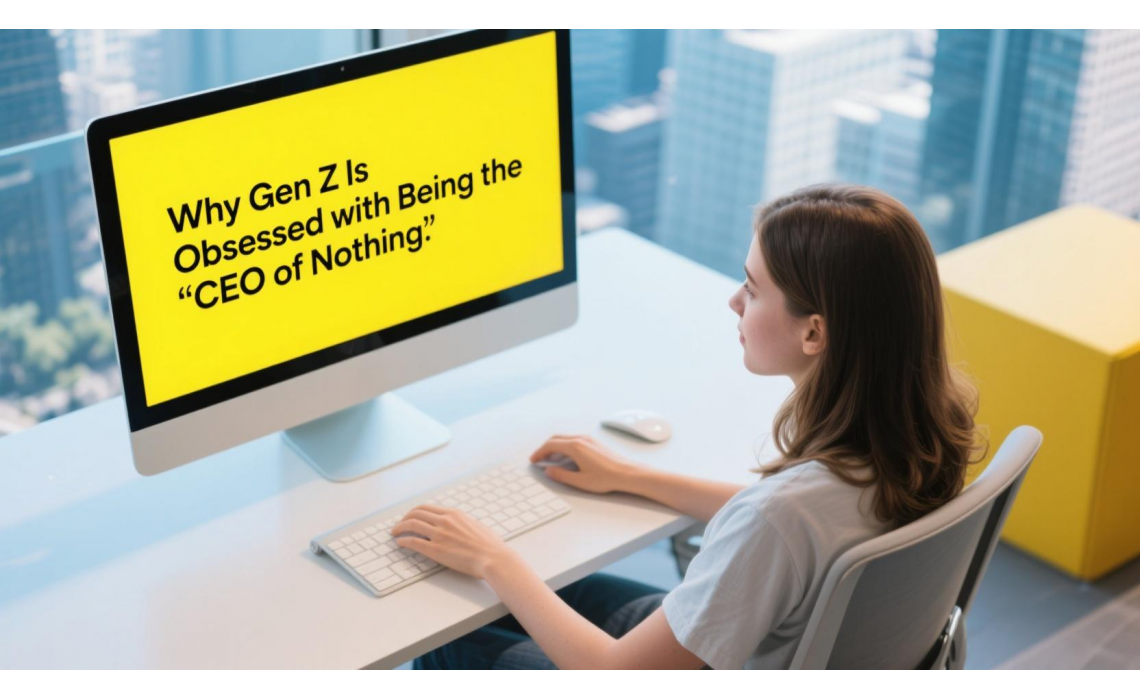Why Gen Z Is Obsessed with Being the ‘CEO of Nothing’
Why Gen Z Is Obsessed with Being the ‘CEO of Nothing’
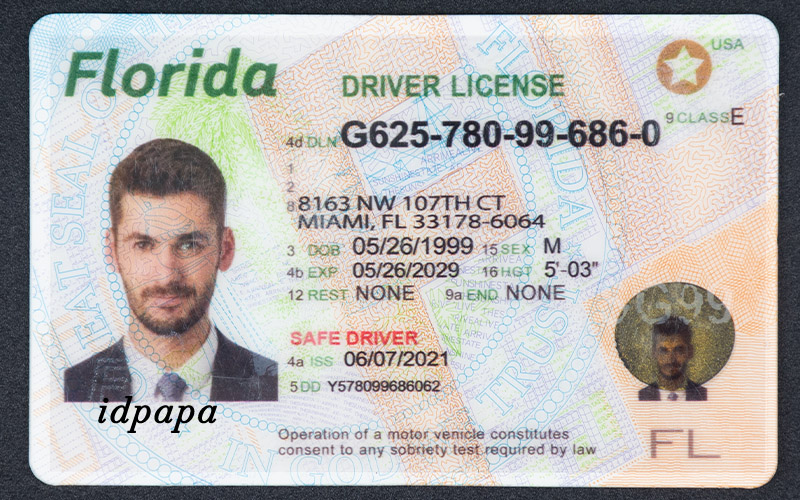
Scroll through TikTok, Instagram, or any group chat with a meme in it, and you’ll spot it:
“CEO of Nothing.”
“Director of Chaos.”
“Head of Vibes, LLC.”
It’s not a joke—it’s a movement. And no generation owns it harder than Gen Z.
But why are so many young people proudly assigning themselves made-up job titles like “Chief Procrastination Officer” or “Senior Manager of Avoiding Eye Contact”? Let’s dive into the brilliant, bizarre world where irony meets identity—and where being the CEO of Nothing actually says everything. In a culture saturated with pressure to succeed, perform, and monetize every skill, Gen Z flips the script with titles that are deliberately unserious. These tongue-in-cheek roles poke fun at hustle culture, challenge the need to be constantly productive, and reclaim identity on their own terms. It's about self-expression without apology, humor with a side of truth, and the refusal to be defined by a job title on a resume. In this world, calling yourself the “Director of Chaos” isn’t just funny—it’s a perfectly valid brand.
1. Self-Awareness Is the New Status Symbol
Gen Z grew up watching hustle culture burn out Millennials. The result? A generation that mocks the rat race while still navigating it. Calling yourself the CEO of Nothing is peak self-aware sarcasm. It’s saying, “Yes, I live in a world obsessed with titles and productivity—but I’m in on the joke.” Instead of measuring success by corner offices and business cards, Gen Z is measuring it in self-expression and emotional intelligence.
This isn't laziness—it’s strategy. These self-given titles are a form of commentary: a way to participate in digital culture while simultaneously critiquing its absurdities. By choosing playful, absurd, or nihilistic labels, Gen Z is taking control of the narrative and redefining what power, leadership, and personal value look like. In a world that wants them to be LinkedIn-optimized 24/7, they’re choosing authenticity over appearances—and finding power in that choice.
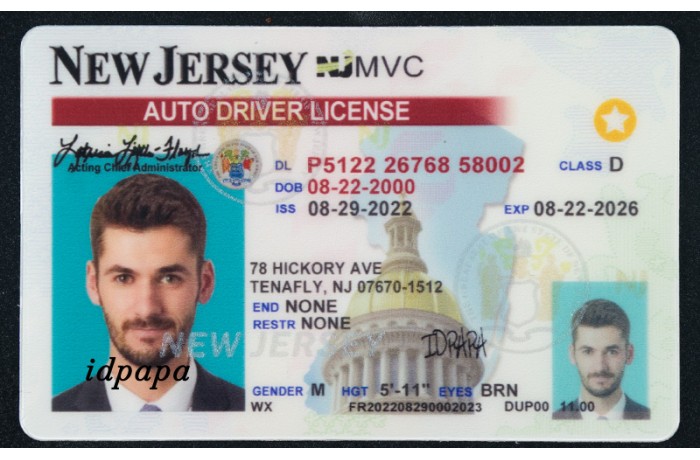
2. Fake Titles = Real Personality
Forget LinkedIn. Gen Z isn’t here to impress—they’re here to entertain. Made-up titles like “Chief Vibe Curator” or “Executive Snack Taster” are personality snapshots in a few words. They’re funny, absurd, and sometimes surprisingly accurate. These titles act like digital name tags at the world’s weirdest, most creative party. Instead of listing roles that align with traditional metrics of success, they reflect moods, quirks, and personal truths that don’t fit neatly into corporate boxes. They’re not trying to market themselves—they’re trying to be understood. And in a world full of filters and fronting, that honesty (even when disguised as humor) resonates deeply.
By inventing these fake roles, Gen Z builds micro-identities that say more than a resume ever could:
“I’m the CEO of Caffeine Addiction” = I’m tired, chaotic, and coping with humor.
“Minister of Midnight Thoughts” = I overthink, but at least I do it poetically.
These playful titles become digital shorthand for complex personalities. They invite connection, relatability, and conversation. They also challenge the notion that identity must be serious to be valid. Gen Z isn’t rejecting ambition—they’re just rewriting the rules for how it’s expressed. After all, if you're going to wear a label, why not make it weird, self-aware, and kind of genius?
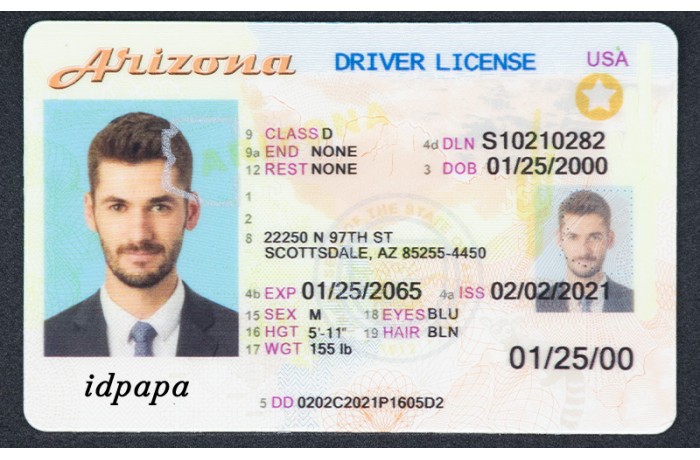
3. They’re Roasting Corporate Culture (Lovingly… Sort Of)
The fake job title trend is Gen Z’s subtle rebellion against corporate jargon and performative professionalism. They see through the fluff of “synergy” and “circle back” and replace it with hilarious, exaggerated nonsense. Instead of buying into titles that sound important but say nothing, they invent ones that sound ridiculous but feel true. There’s something brilliant about choosing to be the “Vice President of Vibe Assessment” over “Junior Associate of Strategic Planning.” Both are vague, but only one makes people laugh and lean in.
Ironically, this mockery has become a form of branding. The “CEO of Nothing” isn’t anti-work—it’s anti-BS. These titles strip away the empty language of professionalism and reveal something more honest: we’re all just figuring it out, trying our best, and maybe eating cereal for dinner. By leaning into the absurd, Gen Z expresses a relatable kind of cynicism. They’re not saying jobs don’t matter—they’re saying the way we talk about them is broken, and a little humor helps make it bearable.
It’s the ultimate response to a world that asked for cover letters but offered unpaid internships. Instead of polishing their image to fit outdated systems, Gen Z is creating their own. One where honesty beats hustle, weirdness beats whiteboards, and calling yourself “Regional Manager of Burnout” is a badge of courage, not shame. They’re rewriting workplace culture from the outside in—with memes, sarcasm, and a healthy dose of glitter.
4. It’s Extremely TikTok-able
Let’s be honest—this trend thrives because it’s visual, shareable, and extremely memeable. Whether it’s novelty ID cards, profile bios, or skits introducing yourself as “VP of Vibes,” the humor is instant and universally relatable. It’s the kind of content that doesn’t need much explanation. One glance at a fake job title and people get it—this is satire, this is self-aware, and this is hilarious. The simplicity of the joke makes it perfect for short-form platforms where a punchline needs to land in under ten seconds.
TikTok creators have built entire personas around these roles. One week, you’re “Emotional Support Barista.” The next, “Chaos Coordinator, Freelance.” These titles don’t just exist on screen—they come with outfits, props, voiceovers, and signature catchphrases. Creators are turning these job titles into recurring characters, building fictional universes where absurd roles are taken very seriously. That mix of comedy, creativity, and consistency keeps audiences coming back for more, and it gives creators a framework to explore humor without needing a complex setup.
It’s cosplay for real life—and it absolutely slaps on camera. There’s a theatrical element to claiming a ridiculous identity with a straight face, and TikTok’s quick editing and audio trends only amplify it. Whether it’s an ID blog reveal, a fake interview, or a “day in the life” parody, the content writes itself. Add filters, jump cuts, or background music and suddenly “Senior Manager of Staring Into the Void” becomes a fully fleshed-out sketch.
This trend isn’t just going viral—it’s becoming part of Gen Z’s digital language. These roles are shorthand for moods, personalities, and inside jokes that translate across timelines and platforms. In a social media world obsessed with “authenticity,” these fake titles ironically reveal something deeply real: how we see ourselves, how we cope with chaos, and how humor remains one of the most powerful ways to connect.
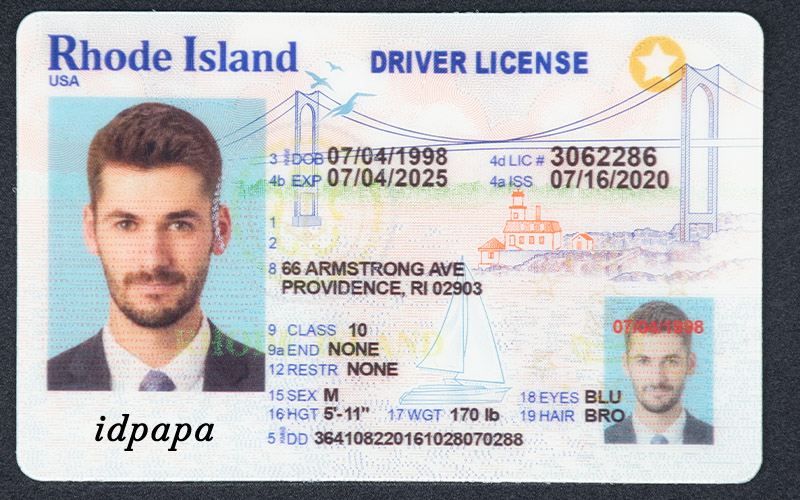
Final Thoughts: Power in Playfulness
In a world of constant pressure to “be someone,” Gen Z has created the ultimate loophole:
Just make it up.
Be the CEO of Nothing.
Be the boss of your own absurd little corner of the universe.
It’s funny. It’s freeing. And it’s strangely profound.
So next time you see someone introduce themselves as the “Regional Manager of Disassociation,” don’t laugh at them.
Laugh with them.
Then ask where you can apply.

